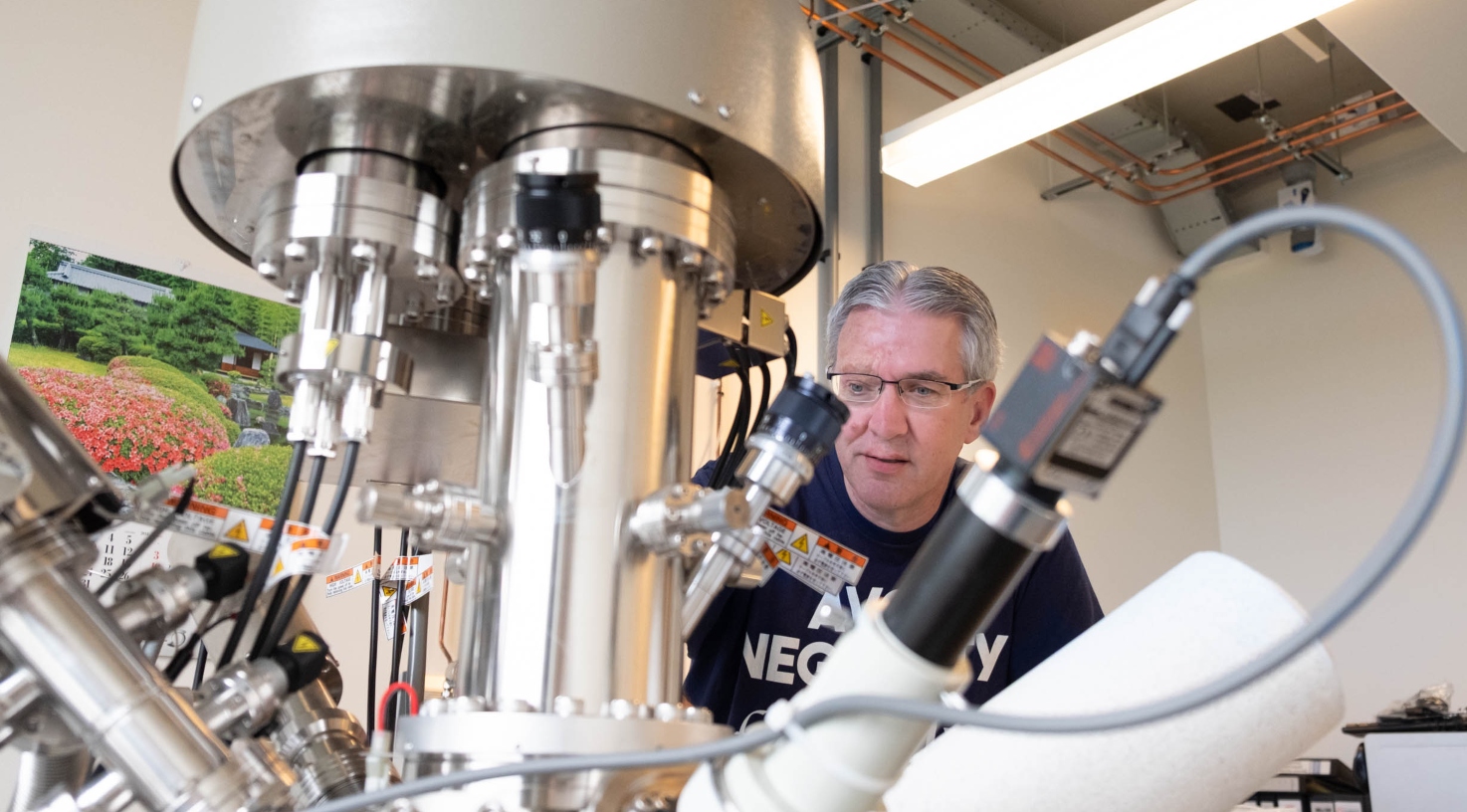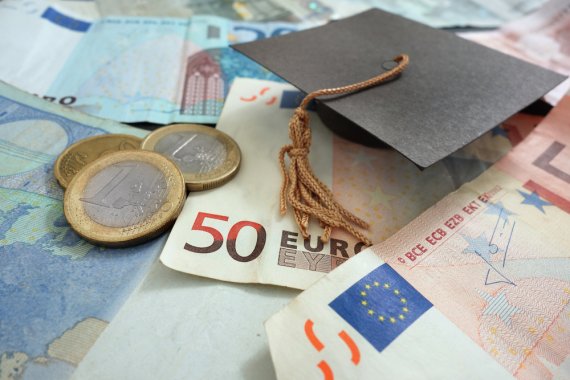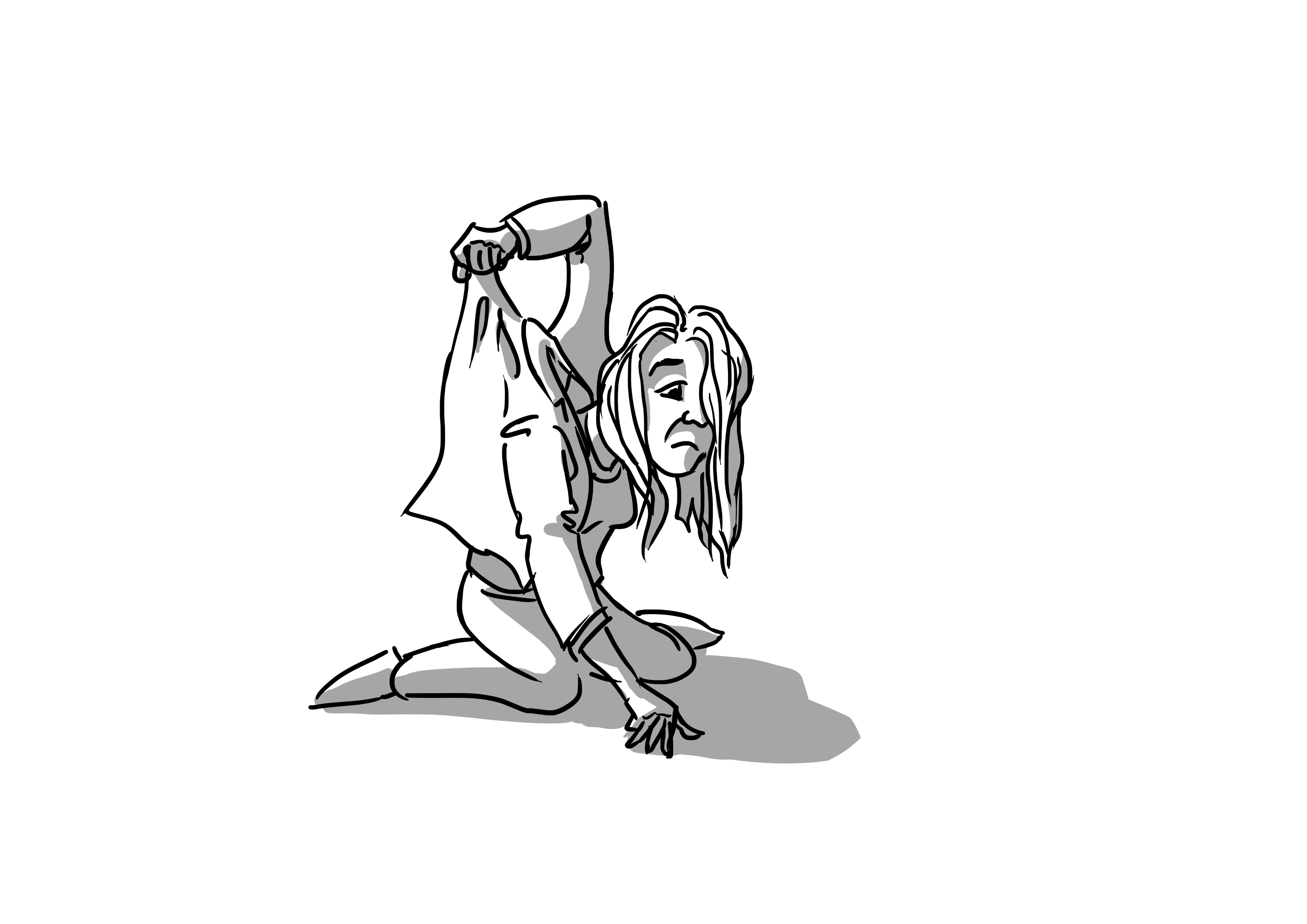The scheme will cost the university an estimated couple of million euros over the next few years.
Scholarship PhD candidates are not employed by the university; they depend on a grant they get from their country of origin. WUR has over 500 such PhD students, a fifth of the total PhD population. The grant must be more than the ‘norm’ set by the Dutch Immigration and Naturalization Service (IND), the minimum monthly amount it thinks the student needs to live off. If the grant is less, the IND won’t issue a visa.
But because inflation is so high, many scholarship PhD students have been on grants that are under the IND norm for some time. Now the Executive Board is going to tackle the situation, says rector magnificus Arthur Mol. ‘We’ve wanted to do this for a while but we couldn’t get approval from the tax authority. As a university, you’re not allowed to just give extra money to scholarship students. The tax authority may see that as a salary, at which point various tax rules apply. We tried to get agreement on this, but without success. Which is to say, we don’t know whether it’s allowed or not.’
Supplement
Nevertheless, WUR has decided to give the PhD students this financial support. It involves supplementing their grants up to the most recent IND norm, applicable as of 1 July, says Dean of Research Wouter Hendriks. The scheme will have retrospective effect back to that date. ‘If you had a shortfall before then, that isn’t covered. The supplement applies until the end of the PhD, with a maximum of four years.’ Depending on the situation, the amount can be as much as several hundred euros a month.
We are expecting the tax authority to accept this
Arthur Mol, rector magnificus
In return for this gift, WUR requires the grant organization to make sure the PhD candidates’ grants grow in line with inflation as of the next calendar year. Hendriks: ‘Our aim is for no one to end up below the IND norm again.’ Mol says the grant organizations will be informed of the new requirement this week. ‘We’ll see how they respond.’
PhD bonus
The scheme is expected to cost WUR between 2 and 2.5 million euros. Some of that money will come from the PhD bonus that chair groups get for the successful completion of a PhD project. Mol: ‘Next year, as a one off, we won’t increase the bonus in line with inflation. The rest of the money will come from our reserves.’ Hendriks says the measure was discussed at length with the graduate schools and the PhD candidates. The professors and scholarship PhD students have been informed by email. They will then need to apply to their own graduate school.
It is striking to see the Executive Board taking action without getting approval first from the tax authority. Mol calls it a ‘calculated risk’. ‘Eventually, we had to decide whether to wait for the tax authority or not. This is about topping up the grant to the IND minimum. The students are in a desperate situation. Inflation is unexpectedly high, and that is not the fault of the students or the grant organizations. We have to do something. We are expecting the tax authority to accept this.’

 But because inflation is so high, many scholarship PhD students have been on grants that are under the IND norm for some time. Now the Executive Board is going to tackle the situation. Photo Shutterstock
But because inflation is so high, many scholarship PhD students have been on grants that are under the IND norm for some time. Now the Executive Board is going to tackle the situation. Photo Shutterstock 

